Previous product
Back to products
Brass Attar Dani
₹450.00
Next product
Brass Chakli Maker
₹999.00 ₹599.00
Brass Agarbatti Holder
₹395.00
Description
- Agarbatti Stands for Puja are famous for worshipping Gods and best for holding the incense sticks to stand firmly.
- It is made up of brass that makes it more beautiful and durable.
- This Agarbatti holder Can Be Used Both In Houses And Offices.
- It Is Totally Safe To Use And Saves Children From Burns It Is Fitted With A Separate Ash Collector That Keeps The Puja House, Room And Office Place Clean.
- It has the capacity to hold 5 sticks at a time.
- Easy to clean.
Specifications
- Material – Brass
- Pack of – 1
- Size – (W x H) 4.5 x 27.5 cm
- Weight – 130 g
Categories: Pooja Ingrediants, Pooja Vessels
Related products
Ghee
₹320.00
Description
- Ghee holds its position of purity in nearly all the Hindu pooja rituals.
- In Hindu mythology, Prajapati/Brahma, created Ghee by rubbing or "churning" his hands together and then poured it into fire to engender his progeny.
- So, whenever the rituals are performed, the pouring of Ghee into fire symbolises a re - enactment of creation.
Quantity
- 200 gms
Gomutra
₹150.00
Description
- Being highly recommended by the scriptures, it is considered holy and safe to use.
- The original scriptures of Ayurveda consider cow urine to be the elixir of life.
- Cow urine is an important part of many Indian rituals/daily pooja.
- Gomutra has the ability to attract divine consciousness which in turn creates an increase in the Sattva component and therefore facilitates spiritual healing.
- The Indian cow has the ability to attract the frequencies of all the deities in the universe.
Quantity
- 200 ml
Cooper Plain Kalash
₹650.00
Description
- The Kalash symbolically represents creation. The vacant pot, symbolizes earth, and the water filled symbolizes the primordial water from which life began on earth.
- It is filled with water (preferably the water of holy Ganga, any sacred river or clean, running water).
- Its top open end holds betel or mango leaves and a red-yellow sanctified thread (kalawa or mauli) is tied around its neck.
- This kalash is placed on the pujavedi (worship dais or table) near the idols or pictures of the deity. It is placed facing the North, in the center.
- This positioning signifies balance; balance that one needs to achieve success in every walk of life.
- Often it is topped by a coconut or a deepak and kept on the sacred Vedic swastika symbol or a Vedic swastika is drawn on it by using wet vermillion, sandal-wood powder and turmeric.
Specifications
- Material: Copper
- Pack of - 1
- Size - (Top W x H): 8.5 x 9 cm
- Weight - 118 g
Panchmeva
₹310.00
Clove, Cardamom, Betelnut
₹95.00 – ₹210.00
Description
- Pack of cloves (long), cardamom (elaichi) and betelnut (supari) for use in daily pooja and rituals.
Used
- Clove in pooja rituals for fulfillments of desires and success in work (karya siddhi).
- Cardamom has a special aroma, which is pleasant and is used to attract and invoke deity energies.
- The betel nut is an integral part of the daily or ritualistic Pooja.
- It is also popularly used in the age old- custom of Indian eating.
- The supari is symbolic of the nut of the ego that must be offered on the altar of God.
- It represents the hard, coarse qualities that must be surrendered to God, leaving only the soft, pure qualities.
Quantity
- Clove, Cardamom, Betelnut - set of 5 , or 11 each
Kumkum Powder
₹30.00 – ₹55.00
Description
- Kumkum is applied to the forehead.
- The reason for this particular location has to do with the ancient Hindu belief that"the human body is divided into seven vortices of energy,called chakras,beginning at the base of the spine and ending at the top of the head.
- The sixth chakra, also known as the third eye,is centered in the forehead directly between the eyebrows and is believed to be the channel through which humankind opens spiritually to the Divine".
- Thus,the kumkum is placed at the location of the body which is the most holy.
Uses
- Kumkum powder is widely used for worshiping the Hindu goddesses,especially Shakti and Lakshmi.
- Saivites- Followers of Siva usually apply three white horizontal lines with a dot of kumkum at the center.
- Vaisnavas- Followers of Vishnu make use of "white clay to apply two vertical lines joined at the base and intersected by a bright red streak." Many times the white clay is applied in a U-shape.
- Swaminarayana- Followers of the Swaminarayana apply kumkum at the center of the forehead and in between a U-shaped tilaka.The tilaka is normally yellow and made from sandalwood.
- When a girl or a married woman visits a house,it is a sign of respect (in case of an elderly lady) or blessings (in case of a young girl) to offer kumkum to them when they leave.
- When visiting a temple or during a pooja,apply a dot on your forehead.
- In most of India, everyday, married women apply red kumkum in front of their parting on their forehead as a symbol of marriage
Quantity
- 50 gms , 100 gms
Turmeric Powder (Haldi)
₹30.00 – ₹55.00
Description
- Turmeric is considered highly auspicious in India and has been used extensively in various Indian ceremonies for millennia.
- Even today it is used in every part of India during wedding ceremonies and religious ceremonies
- Turmeric has played an important role in both Buddhist and Hindu spiritualism. The robes of the Buddhist monks were traditionally colored with a yellow dye made of turmeric.
- It is used in pooja to make a form of Lord Ganesha.
- Ganesha, the remover of obstacles, is invoked at the beginning of almost any ceremony and a form of Ganesha for this purpose is made by mixing turmeric with water and forming it into a cone-like shape.
- It is offered to Gods during pooja.
Quantity
- 50 gms , 100 gms
Brass Kalash
₹700.00
Description
- This lovely Kalash can be utilized karwa chauth and any event like wedding , commitment ,diwali , raksha bandhan or in any ceremonies, puja Brass Kalash keeps up an exceptionally propitious job as it is a piece of each religious customs.
- This is made of Brass material which makes it durable.
- Kalash is an important accompaniment in pooja rituals, weddings and important festive occasions.
- The water in Kalash is also used during abhishekam.
- Made in heavy shining brass.
Specifications
- Material - Brass
- Pack of - 1
- Size - (W x H) 8 x 9 cm
- Weight - 146 g


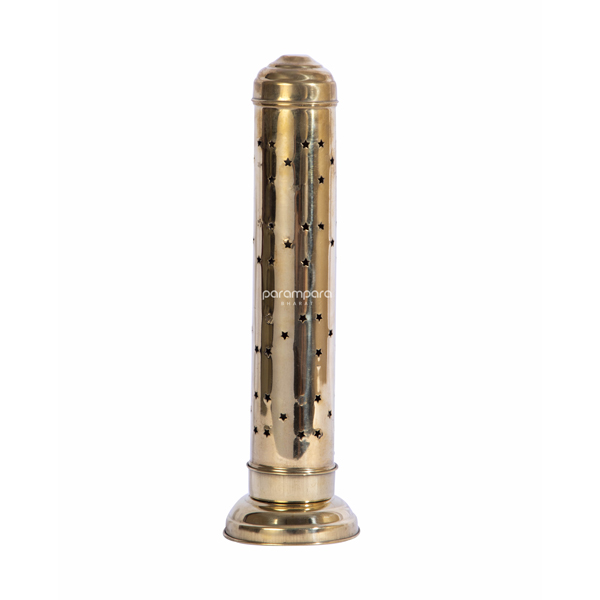
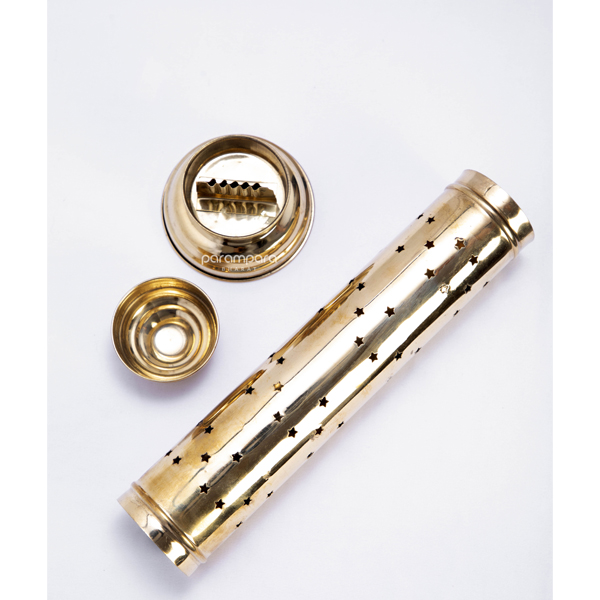

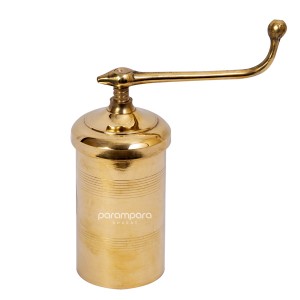
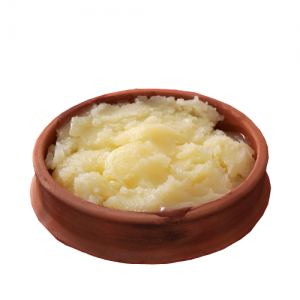
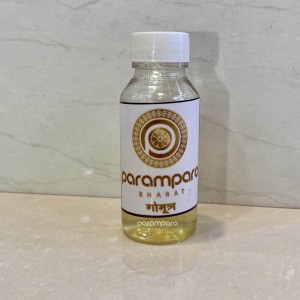
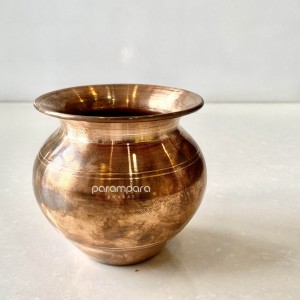
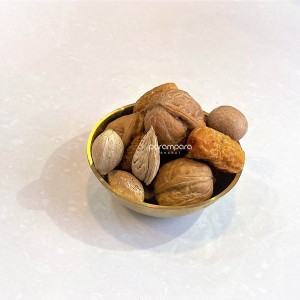
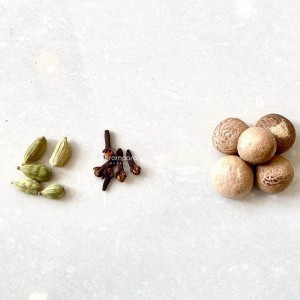
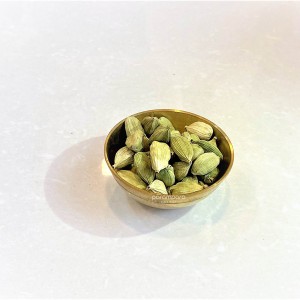
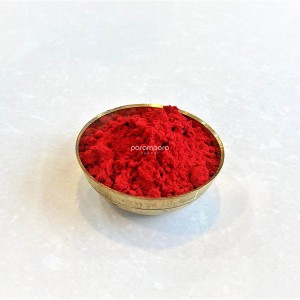
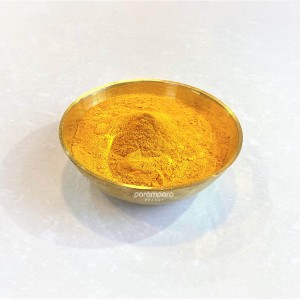
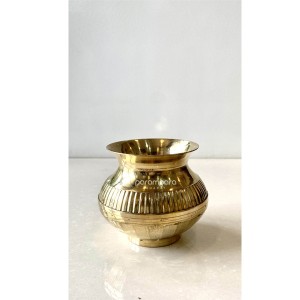


Reviews
There are no reviews yet.